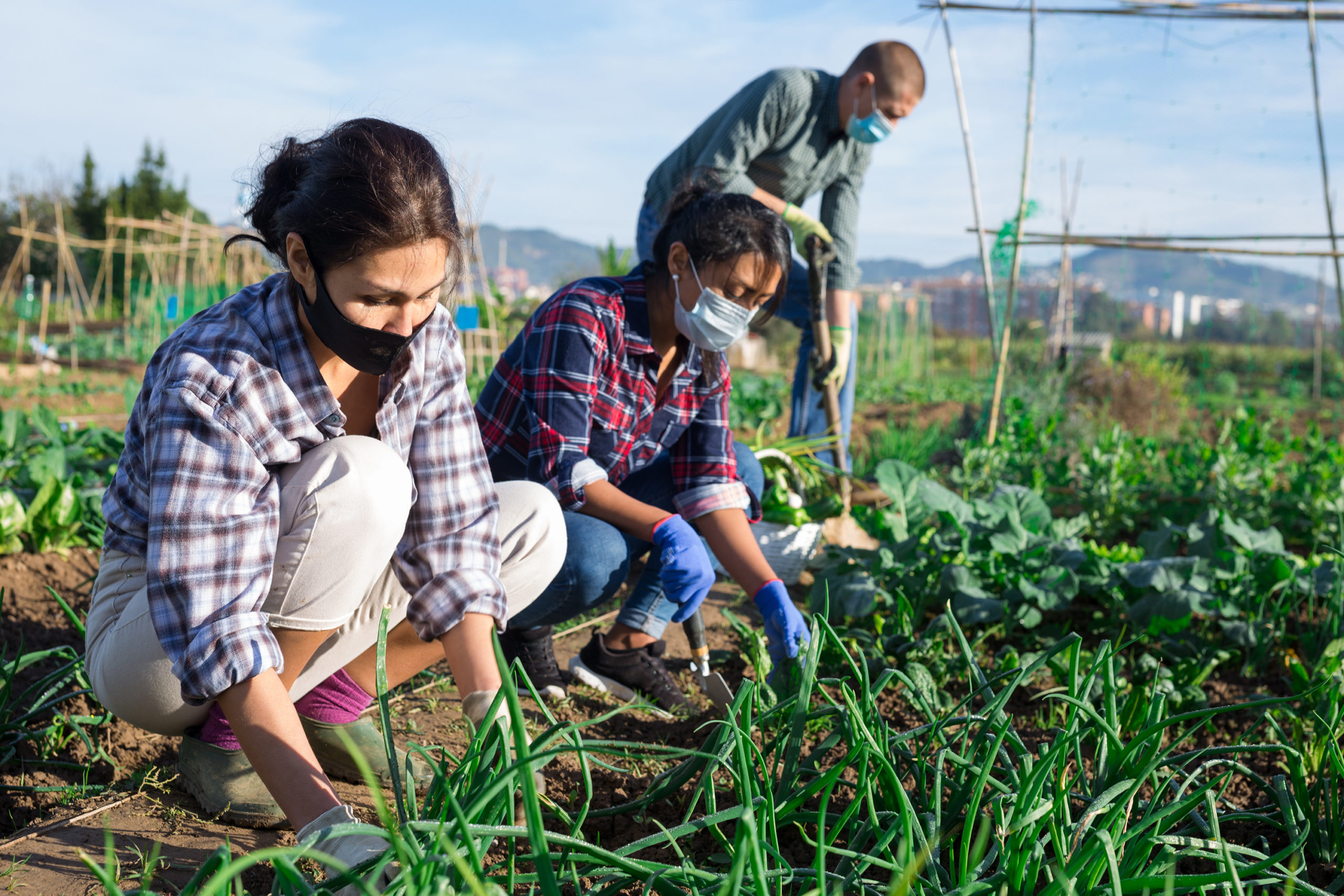Protect Yourself: Preventing Legionnaires' Disease When Gardening

As the weather warms up, many of us are excited to spend our free time in the garden, preparing for the summer ahead. However, it’s important to be aware that this is also the time of year when the risk of contracting Legionnaires’ disease from potting mix and compost is highest. Bagged potting mix and compost can harbour Legionella bacteria, which, when inhaled, can lead to Legionnaires’ disease. This form of pneumonia can be severe and, in some cases, even life-threatening.
Here’s what you need to know to protect yourself:
Understanding Legionellosis
Legionellosis is caused by Legionella bacteria, which are commonly found in water, soil, and potting mix. It can manifest as a mild infection called Pontiac fever or a more severe lung infection known as Legionnaires’ disease.
Recognising the Signs
The early signs of Legionnaires’ disease include muscle aches, cough, fatigue, headache, and loss of appetite. These symptoms progress to fever and chills. Some individuals may experience additional symptoms such as nausea, vomiting, diarrhoea, and confusion. Symptoms usually appear within 2 to 10 days after exposure to the bacteria, so it’s crucial to remain vigilant for up to 2 weeks following potential exposure.
If you exhibit signs of Legionnaires’ disease, seek immediate medical attention. Your doctor may conduct tests, such as blood work, sputum analysis, urine tests, or a chest x-ray, to confirm the diagnosis.
Safe Gardening Practices
To reduce the risk of Legionnaires’ disease while handling compost, potting mix, soil, or dirt, follow these precautions:
- Minimize Dust: When working with these materials, take care not to stir up dust. Wearing a tightly-fitted dust mask over your nose and mouth is advisable.
- Low-Pressure Watering: Use a low-pressure hose when watering your garden or compost to minimize the aerosolization of potential bacteria.
- Read Warning Labels: Familiarize yourself with the warning labels on garden product packaging to understand any specific precautions.
- Open Bags Carefully: When opening bags of compost or potting mix, do so away from your face to avoid inhaling any potential particles.
- Moisten the Soil: Dampening or wetting the soil before potting plants helps to limit the release of airborne particles.
- Ventilated Gardening: Avoid gardening in enclosed greenhouses or sheds without proper ventilation.
- Thorough Handwashing: After working with soil, potting mix, or compost, thoroughly wash your hands to remove any potential bacteria.
